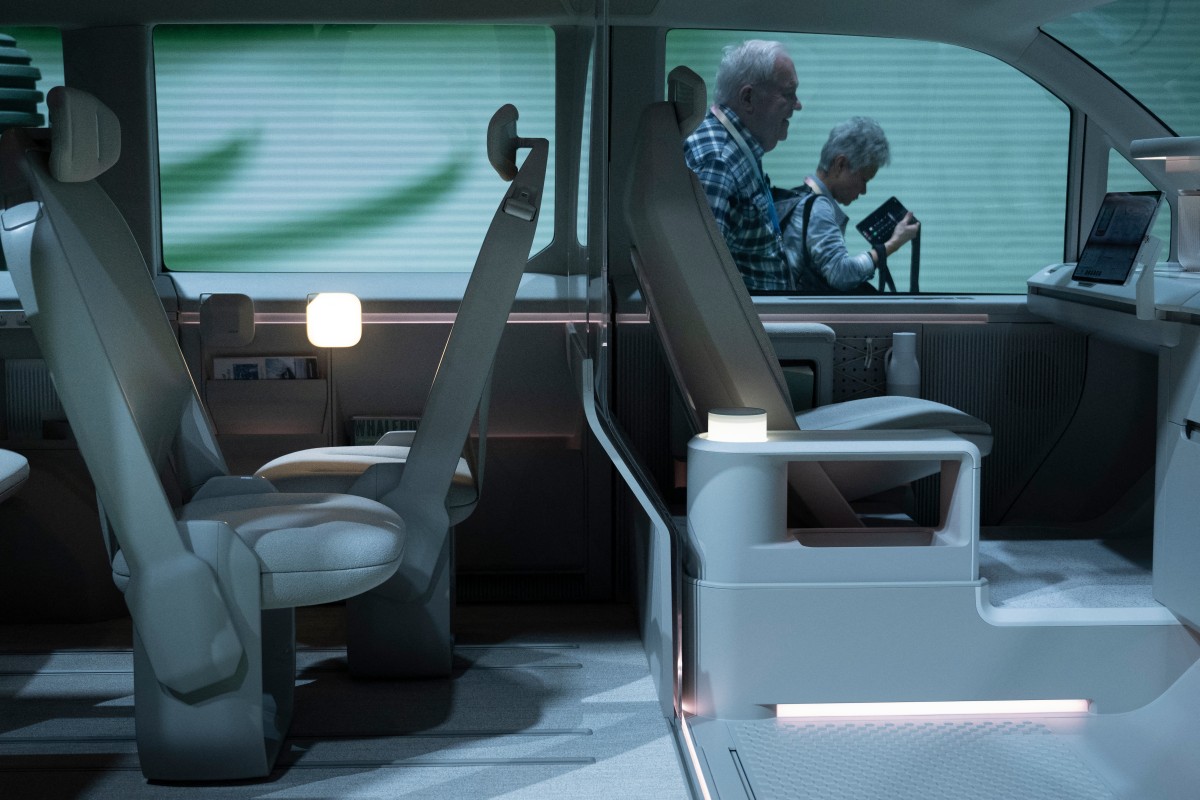Las Vegas, United States– US ride-hailing platform Uber and South Korean automaker Kia announced Wednesday the signing of an agreement on producing electric vehicles, during the Consumer Electronics Show in Las Vegas.
In a joint press release, the two companies said they are committed to “collaborate on Kia’s planned development and deployment” of its new series of electric vehicles.
On Monday, Kia introduced the new automobiles — which consist of one standard base model with interchanging components and upper bodies that can be swapped out to create a variety of vehicle types.
It’s calling the concept “Platform Beyond Vehicle” (PBV).
“While all variants will be based on the same modular versatility of the base model, each will offer a unique set of characteristics, with further Uber-specific optimizations tailored for the ride hailing market,” the companies said in a joint statement.
The partnership is aimed at “enhancing electric vehicle offerings available on Uber’s mobility platform,” they said.
The companies said they intend to work together to “moderate total cost of vehicle ownership.”
“Drivers on the Uber platform are already EV early adopters, going electric six to seven times faster than the general population in the US and Europe,” said Susan Anderson, Uber’s VP global head of business development.
One of Kia’s PBVs, the PV5, will be able to transform from a passenger vehicle to van to pick-up, thanks to the interchangeable modules, or can even be converted into a robotaxi.
Kia’s goal is to produce 150,000 PBVs by 2025 and regularly increase the rate to 300,000 per year by 2030.

